CategoriesInvestment Property Tax Regime
The non-habitual resident (NHR) regime is open to anyone who has the right to reside in Portugal (an EU/EEA/Swiss citizen or a holder of a residents permit who has not been a tax resident of the country during the previous 5 years.
Under this regime, the following taxation rules apply:-
- Foreign-source self-employment or sole trader income derived from an eligible occupation (see below), royalties, capital gains and investment or rental income will be exempt from Portuguese tax as long as they may be taxed in the source country either under a double taxation agreement or under the OECD model tax convention. In addition, such income must not be deemed Portugal-sourced under applicable Portuguese law, and must not be sourced from a blacklisted tax haven.
- Foreign-source employment income will be exempt from Portuguese tax as long asit is liable to tax (at whatever rate) in the source country either under a double taxation treaty or under the OECD model tax convention, and is not deemed Portugal-sourced under applicable Portuguese law.
- Occupational pension income will be exempt from Portuguese tax as long as it is liable to tax in the source country under a double taxation treaty or it is deemed as not being Portuguese-source income under applicable Portugueselaw.
- If your occupation is eligible (see below), Portugal-source employment or self-employment / sole trader income will be taxed at a flat rate of 20%, while other Portugal-sourced types of income will be taxed at the normal rates applicable to resident taxpayers, the calculation of the applicable marginal tax rate taking into account all income, including exempt income.
- In Portugal there is no wealth tax or capital duty, and an inheritance or a gift received by a spouse, descendant or ascendant is tax exempt. Inheritance or gifts received by other individuals will be either not taxable under territoriality rules, or else may be subject to a flat 10% stamp duty.



